Leadership
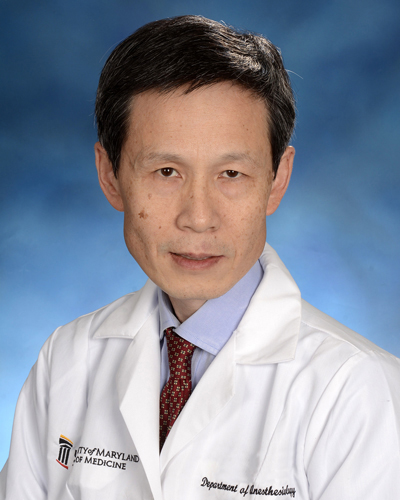
Wei Chao, MD, PhD
Anesthesiology Endowed Professor in Translational Research
Vice Chair for Research, Department of Anesthesiology
Co-Director, Center for Shock, Trauma and Anesthesiology Research (STAR)
wchao@som.umaryland.edu
410-328-2660
Research Interests
My laboratory is a part of the Anesthesiology Translational Research Program (PIs: Wei Chao, Lin Zou, Brittney Williams). Funded by NIH for more than 20 years and DoD since 2017, we investigate the molecular and cellular mechanisms of sepsis, traumatic injury, and ischemic myocardial injury. We are particularly interested in the role of novel innate immune signaling in the pathogenesis of these critical illnesses. For these basic and translational studies, we use a combination of mouse genetics (transgenics and knockouts), physiology, biochemistry, immunology, and pharmacology. We are also interested in identifying novel prognostic biomarkers in sepsis and trauma. The clinical studies involve a multi-disciplinary team with complementary expertise in multi-omics, bioinformatics, statistical modeling, machine-learning, animal models, and clinical investigation in several medical centers across the U.S.A.
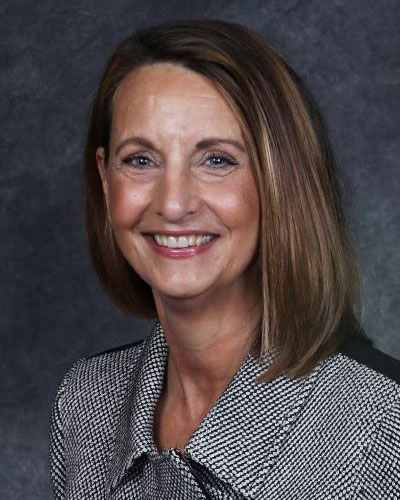
Rosemary Kozar, MD
Co-Director, STAR ORC
Professor of Surgery
Director of Translational Research Shock Trauma
rkozar@som.umaryland.edu
410-328-7611
Research Interests
My areas of active laboratory research focus on endothelial dysfunction and therapeutics to mitigate shock-induced endotheliopathy and coagulopathy. We conduct human studies, utilize animal models of hemorrhagic shock, and employ a variety of in-vitro studies to examine the responsible mechanisms and identify potential targets for treatment.
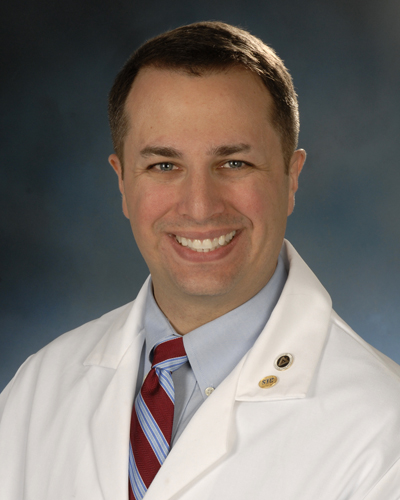
Samuel M. Galvagno, DO, PhD, MBA, FCCM
Interim Chair, Department of Anesthesiology
Professor with Tenure
Department of Anesthesiology
sgalvagno@som.umaryland.edu
410-328-9837
Research Interests
The primary goal of my research is to coordinate, develop, and lead efforts to advance the science of aeromedical critical care, combining regional applications with a global perspective, through the cultivation of a versatile and robust research methodology. I have secondary research interests in critical care regionalization/organization, patient safety, trauma anesthesiology, and advanced monitoring for the critically ill. My clinical work in the areas of emergency medicine, anesthesiology, and critical care medicine has helped me develop several hypotheses. In both civilian and military settings worldwide, aeromedical transport has been understood as an integral component of trauma systems, but the evidence for how to best use this expensive and limited resource is often lacking. Prior work has resulted in multiple landmark publications, resulting in the highest secondary co-citation count in the world in the area of helicopter emergency medical services systems research (Peng C et al, Medicine 2022).
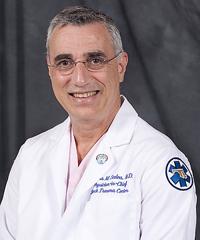
Thomas Scalea, MD
R Adams Cowley, Shock and Trauma, University of Maryland School of Medicine
The Honorable Francis X. Kelly Distinguished Professor of Trauma Surgery
Physician-in-Chief, Shock Trauma Center
System Chief for Critical Care Services
tscalea@som.umaryland.edu
410-328-8976
Research Interests
Dr. Scalea’s research interests include damage control, operative approaches to trauma, complex liver injuries and REBOA.
Faculty
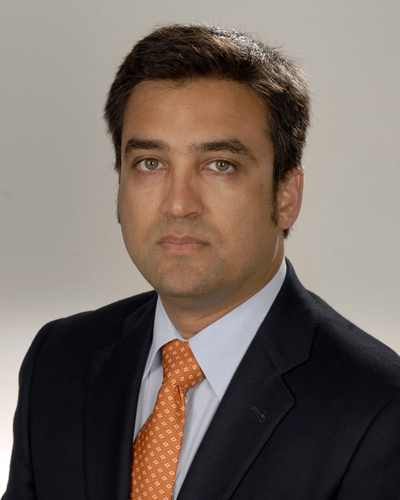
Neeraj Badjatia, M.D., M.S.
R Adams Cowley, Shock and Trauma, University of Maryland
School of Medicine
Chief of Neurocritical Care, Program in Trauma
Vice Chair & Professor, Department of Neurology
nbadjatia@som.umaryland.edu
Research Interests
Dr. Badjatia’s research interests focus on the impact of nutrition and metabolism on recovery after subarachnoid hemorrhage, targeted temperature management strategies, and application of machine learning techniques to aid in the prediction of neurological decline after traumatic brain injury and ischemic stroke.
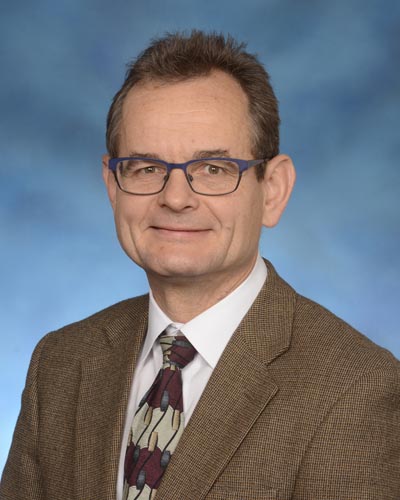
Konstantin Birukov, MD, PhD
Anesthesiology Endowed Professor in Entrepreneurial Research
Director, Lung Biology Research Program
Associate Chair for Basic Science Research
kbirukov@som.umaryland.edu
Research Interests
Dr. Birukov’s laboratory is a part of the Lung Biology Program of which he is the director. This growing program currently includes collaborative studies between researchers from the Departments of Anesthesiology and Medicine but also develops programmatic links with Departments of Radiology/Oncology, Surgery, and with the Center for Advanced Sensor Technology at UMBC.
Dr. Birukov’s group works to better understand the pathologic mechanisms of development and resolution of vascular endothelial dysfunction and lung injury, the two key features of many life-threatening conditions including ARDS, shock/trauma, sepsis, and others.
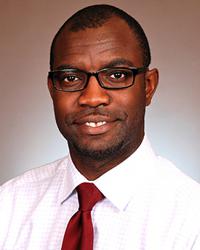
Christian Cain, MD
R Adams Cowley, Shock and Trauma, University of Maryland
School of Medicine
Assistant Professor, Department of Surgery
christian.cain@som.umaryland.edu
Research Interests
Dr. Christian’s primary research interests include: Healthcare disparities, Social determinants of trauma and acute care surgery patients, qualitative research on trauma survivors, diversity in the surgical workforce.
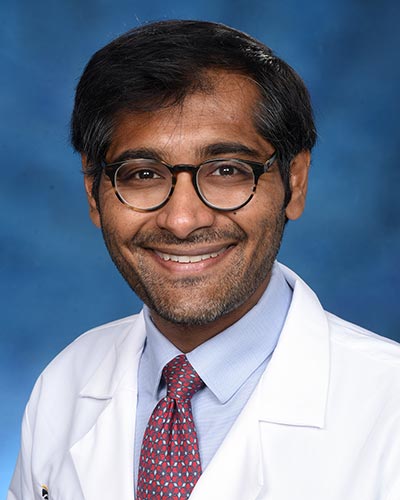
Prajwal Ciryam, M.D., PhD
R Adams Cowley, Shock and Trauma, University of Maryland
School of Medicine
Assistant Professor, Department of Neurology
pciryam@som.umaryland.edu
Research Interests
Dr. Ciryam’s My lab is interested in inflammatory mediators of secondary brain injury after TBI and brain hemorrhage. We use a combination of molecular and behavioral experiments in animal models and advanced genomic techniques in human samples to identify mechanisms and druggable targets of secondary injury. Currently the lab has a particular interest in the role of the choroid plexus as an immune beacon and transit point for neutrophils to enter the brain after injury
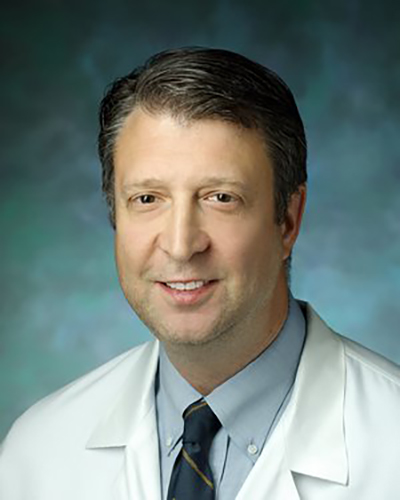
David Efron, M.D.
R Adams Cowley, Shock and Trauma, University of Maryland
School of Medicine
The Thomas M. Scalea, MD distinguished Professor in Trauma
Chief of Trauma & Medical Director
defron@som.umaryland.edu
Research Interests
Dr. Efron’s research is focused on the regulation of inflammatory mediators of septic and post-injury states, particularly focusing on the role that statins play in the milieu. Traumatic injury from interpersonal violence, measures of violence intensity, and trauma recidivism with an eye to prevention strategies.
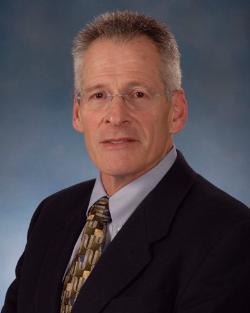
Alan I. Faden, MD
David S. Brown Professor in Trauma
Professor, Departments of Anesthesiology, Anatomy & Neurobiology, Neurosurgery, Psychiatry and Neurology
Associate Dean, Trans-Campus Research Advancement
afaden@som.umaryland.edu
Research Interests
Alan I. Faden, M.D. is the David S. Brown Professor in Trauma in the Department of Anesthesiology. Dr. Faden’s laboratory uses multi-disciplinary approaches- including molecular and cellular biology, transgenic animal modeling, behavior, single cell transcriptomics and epigenetics, and targeted pharmacologic and physiologic interventions- to examine the pathobiology of experimental brain and spinal cord injury and their treatment. Specific research focuses include neuroinflammation, ageing, brain-systemic interactions and epigenetics, as well as multifunctional drug treatment strategies for neurotrauma.

Mira Ghneim, M.D.
R Adams Cowley, Shock and Trauma, University of Maryland
School of Medicine
Assistant Professor, Department of Surgery
mira.ghneim@som.umaryland.edu
Research Interests
Dr. Ghneim’s primary research interests include: 1) a focus management, clinical outcomes, and patient reported outcomes in older adult trauma and emergency general surgery patients. 2) the influence of frailty and dementia on outcomes of older adults with traumatic brain injury.
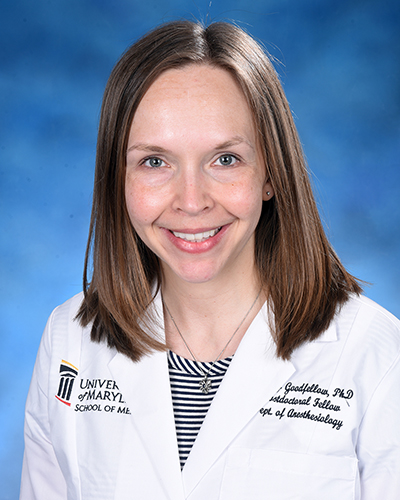
Molly Goodfellow, MD, PhD, FAHA
Assistant Professor, Department of Anesthesiology
mgoodfellow@som.umaryland.edu
Research Interests
My research interests include understanding the factors that may exacerbate or ameliorate the effects of traumatic brain injury (TBI) on neurologic structure and function. To this end, my lab is focused on characterizing and developing tools for investigating ferret TBI models, given that the structure of the ferret brain more closely resembles the human brain than popular rodent models. Our primary area of concentration is on military-relevant injuries, including combined under-vehicle blast and impact TBI as well as TBI + hemorrhagic shock. Ongoing research sponsored by the U.S. Air Force has shown that exposure to low air pressure (hypobaria—modeling air travel) worsens neurologic outcomes after TBI, particularly in the case of repeated exposures. This will inform guidelines for the safe transport of TBI patients.
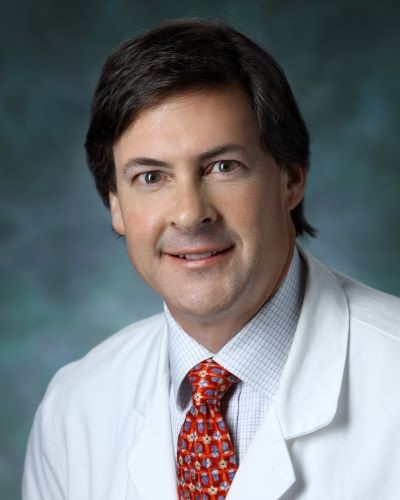
Michael Grant, M.D., PhD, FACS
R Adams Cowley, Shock and Trauma, University of Maryland
School of Medicine
Paul N. Manson Distinguished Professor, Surgery & Ophthalmology
Chief, Plastic and Reconstructive Surgery
michael.grant@som.umaryland.edu
Research Interests
Dr. Grant currently serves as the Paul N Manson Distinguished Professor of Plastic Surgery, and Director of Plastic and Reconstructive Surgery at the Shock Trauma Center/UMMS. As a dual trained Plastic Surgeon, and Ophthalmologist, Dr Grant’s clinical practice and research interest are focused on making craniofacial reconstructive procedures safer and more predictable for patients. Specifically, his research interests focus on digital solutions for complex reconstruction, including virtual/pre-operative planning, intraoperative navigation and imaging, and patient specific implants. In addition, he has a strong interest in tissue engineering to solve complex composite facial defects involving bone/soft tissue, and mucus membranes.
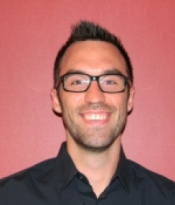
Danielle Haase, M.D., MBA, FCCM, RDMS, RDCS
R Adams Cowley, Shock and Trauma, University of Maryland
School of Medicine
Medical Director, Critical Care Resuscitation Unit (CCRU)
Program Director, EM-SCC and ECLS Fellowships
Associate Professor, Departments of Emergency Medicine & Surgery
dhaase@som.umaryland.edu
Research Interests
Dr. Haase’s primary research interests include critical care triage and allocation, including the effect of the Critical Care Resuscitation Unit on critical care patient flow and outcomes. Additionally, I have published on ECMO, critical care ultrasonography and echocardiography, and pulmonary embolism.
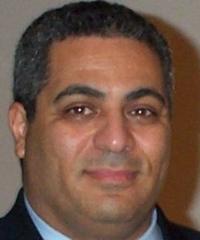
Nader Habashi, M.D.
R Adams Cowley, Shock and Trauma, University of Maryland
School of Medicine
Hamish S. and Christine C. Osborne Professor of Advanced Pulmonary Medicine
nhabashi@som.umaryland.edu
Research Interests
Dr. Habashi’s primary research interests include Mechanical ventilation, lung physiology, pulmonary fibrosis, organ donation and mitochondrial energetics.
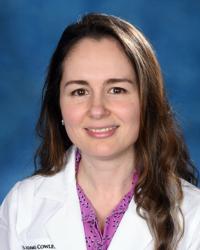
Melike Harfouche, M.D.
R Adams Cowley, Shock and Trauma, University of Maryland
School of Medicine
Assistant Professor, Department of Surgery
mharfouche@som.umaryland.edu
Research Interests
Dr. Harfouche’s primary research interests include acute and chronic pancreatitis, hemorrhage control, pelvic fracture management, REBOA, and violence prevention
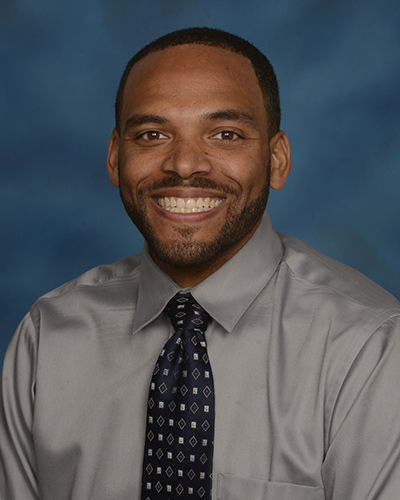
Reney Henderson, MD
Associate Professor, Department of Anesthesiology
rhenderson@som.umaryland.edu
Research Interests
My research interest is mainly focused on the improvement of patient blood management. Clinically, I am a cardiothoracic anesthesiologist where allogeneic transfusion rates are high. With blood conservation techniques such as acute normovolemic hemodilution, viscoelastic guided transfusion, factor concentrate administration, and alternative blood substitutes bloodless cardiac surgery can be achieved. I have utilized coagulation assessments to monitor the effects of novel agents in clinical and pre-clinical studies. I look to study further allogeneic blood transfusion and its effects on endothelial cell function and its impact on renal function. I also look to study emerging factor replacements and hemostasis monitors for their clinical application.
I am also interested in valvular and left/right ventricular assessment by transesophageal echocardiography. With the improvement in 3D technology, we will be able to determine the operative planning and overall outcomes prior to intervention.
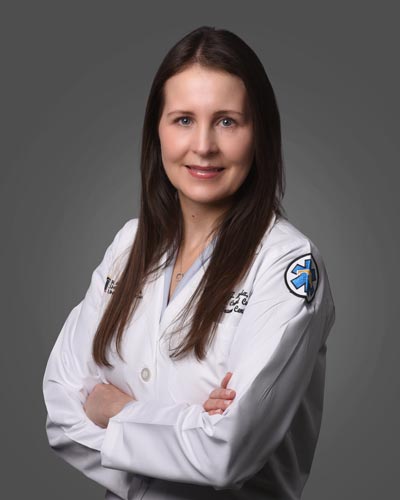
Cheralyn Hendrix, M.D.
R Adams Cowley, Shock and Trauma, University of Maryland
School of Medicine
Assistant Professor, Department of Surgery
cheralyn.hendrix@som.umaryland.edu
Research Interests
Dr. Hendrix’ primary research interests include management of penetrating trauma, surgical critical care, expanding military medic skills for austere forward operating locations, culturally-informed medical care, medical student and trainee education, palliative and end of life care.
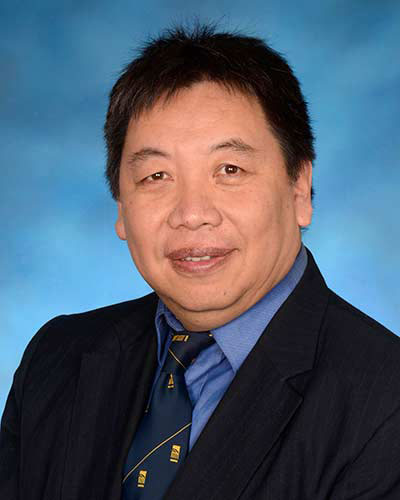
Peter F. Hu, PhD
Professor, Department of Anesthesiology
phu@som.umaryland.edu
Research Interests
Clinical Informatics and Analytical Research Group are composed of research faculty; Professor and Intern Chairman of Anesthesiology, Samual Galvagno, Professor; Peter Hu, Professor; Shiming Yang, Professor Emeritus; Colin Mackenzie, 2-4 medical students, and residents; and 4-8 PhD students in computer science and engineering in our lab. Our research is focused on developing machine learning-based predictive algorithms for near and long-term patient outcomes based on the continuous vital signs from the field to in-hospital resuscitation, the intensive care unit bedside. Our research has been continuously funded by DARPA, DoD (USAF, Naval Research, US Army, and Veterans Administration). In the past, we also were funded by NIH/NLM, NSF, NASA, AHRQ, and industry. Specifically, we have developed and tested a Bleeding Risk Index (BRI) Monitor for a minute-by-minute analysis of continuous photoplethysmograph (PPG) waveform (shown in the figure to the right). This monitor could be used for predicting future transfusion needs in the field. We also developed an ICU Viewer, which takes real-time patient monitor data and provides an at-a-glance view for the units (SICU, NTCC, MTCC) or an individual bed view for up to 7 days (shown in the figure to the right). Currently, we have 6 extramural funded projects with over $12 million in funding
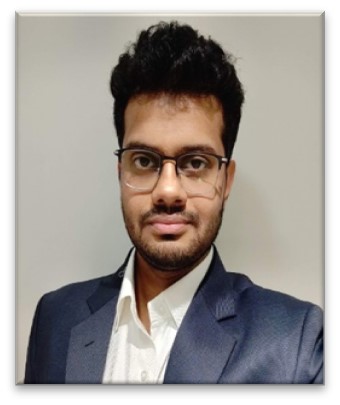
Kartik Kaushik, PhD
Charles “McC.” Mathias National Study Center for Trauma and EMS (NSC)
Assistant Director of Data and Informatics, Center for Shock, Trauma & Anesthesiology Research
Assistant Professor, Department of Epidemiology & Public Health
kkaushik@som.umaryland.edu
Research Interests
The primary research interest of Dr. Kartik Kaushik is in developing research methodologies and tools to improve public health by minimizing the negative externalities of transportation. His research interests include improving roadway safety to reduce the fatalities and injuries as a result of crashes, reducing the effects of pollution, noise, traffic congestion, and the metabolic disorders caused by sedentary lifestyles encouraged by autocentric development. Consequently, Dr. Kaushik, keenly researches the impact of land use and planning, urban form and development, and integration of transport modes on the human behaviors of traveling, the impacts on transport choices, including impaired driving, speeding, aggression, transport mode choice, and trip chaining, among others.
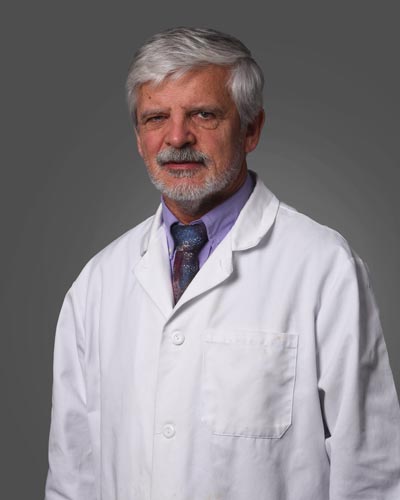
Tibor Kristian, PhD
Professor, Department of Anesthesiology
tkristian@som.umaryland.edu
Research Interests
Research activity in my lab can be divided into two major projects: 1) the role of cell-type-specific mitochondrial dynamics in acute brain injury; (2) disturbed NAD+ metabolism and its contribution to the cell death mechanism in neurodegenerative disease. Our recent studies, which utilize transgenic animals expressing cell-type specific mitochondria-targeted fluorescent markers in the brain, show that mitochondria in neurons and astrocytes differentially respond to stress conditions. We first reported that the mitochondria in cells destined to die are not able to re-fuse and regain their pre-insult morphology and functions (Owens et al. 2015) and that both neuronal and astrocytic mitochondria are damaged by excitotoxic insult during ischemic conditions.
It is well established that massive degradation of NAD+ can significantly compromise cell survival. Recently, we reported that administering nicotinamide mononucleotide (NMN), a precursor for NAD+ synthesis, inhibits NAD+ degradation and leads to dramatic protection against ischemic brain injury (Park et al. 2016). We recently revealed that NMN affects several downstream targets that promote the survival of brain cells following pathologic stress (Klimova et al. 2019). We are now characterizing the mechanism of NMN neuroprotection by determining the post-translational modifications of proteins controlling mitochondrial dynamics (Klimova et al. 2020).
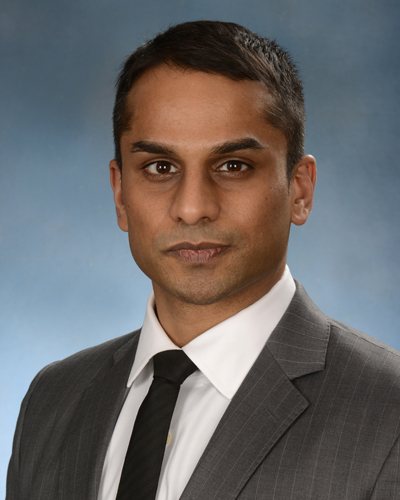
Rishi Kundi, MD, RPVI, FACS, FSVS
R Adams Cowley, Shock and Trauma, University of Maryland School of Medicine
Assistant Professor, Department of Surgery
Chief, Endovascular Trauma Surgery
Director, Go Team
rkundi@smail.umaryland.edu
Research Interests
Dr. Kundi’s research interests concern the treatment of vascular trauma through open and endovascular techniques and in vascular surgical training paradigms as they relate to vascular trauma.
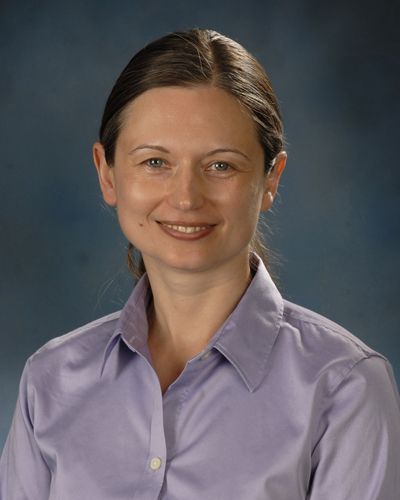
Marta Lipinski, PhD
Associate Professor, Department of Anesthesiology
mlipinski@som.umaryland.edu
Research Interests
Autophagy is a catabolic process mediating the turnover of bulk cytoplasmic constituents including organelles and protein aggregates in a lysosome-dependent manner. It is necessary for cellular homeostasis and protects organisms from a variety of diseases, including neurodegeneration and aging. Accumulation of autophagosomes has been observed following traumatic brain injury (TBI) and spinal cord injury (SCI), but its mechanisms and function in those contexts remain unknown. We use in vivo and in vitro models to examine the role of autophagy after TBI and SCI, and to delineate the molecular mechanisms involved. Our data demonstrate that although autophagosomes accumulate in the brain and spinal cord after TBI and SCI, respectively, autophagic degradation cannot proceed to completion. In neurons, this block of autophagy is caused by phospholipase-mediated lysosomal membrane damage and contributes to neuronal cell death. Inhibition of autophagy is also observed in activated microglia and infiltrating macrophages and may contribute to neuroinflammation. We are currently investigating the effects of TBI-induced perturbation in brain lipid homeostasis on microglial and macrophage autophagy and assessing the contribution of the autophagy-lysosomal pathway to delayed development of neurodegeneration and dementia after TBI. Additionally, we are using in vitro models, including human induced pluripotent stem (iPS) cells, to examine the function and mechanisms of USP24, a novel gene associated with Parkinson’s disease (PD). Our long-term goal is to define novel target molecules and pathways for safe and effective modulation of autophagy as a treatment against neurodegeneration induced by both acute (trauma) and chronic (neurodegenerative diseases) causes.
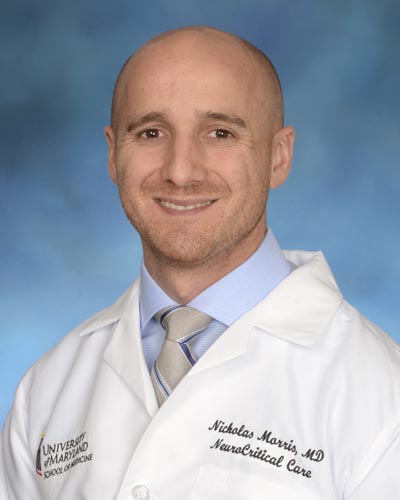
Nicholas A. Morris, MD, FAAN, FNCS.
R Adams Cowley, Shock and Trauma, University of Maryland School of Medicine
Division of Neurocritical Care & Emergency Neurology
Associate Professor of Neurology, Program in Trauma
morris@som.umaryland.edu
Research Interests
Dr. Morris’s research interests include novel strategies (such as simulation) to educate and assess clinicians, innovations to improve in-hospital response to patients with cardiac arrest, pain after acute brain injury, and disparities in acute neurological care delivery.

Sarah Murthi, MD
R Adams Cowley, Shock and Trauma, University of Maryland School of Medicine
Professor, Department of Surgery
smurthi@som.umaryland.edu
Research Interests
Dr. Murthi’s primary research interests include transthoracic echocardiography (TTE) and point-of-care ultrasound (POCUS). This has led to collaboration with the School of Computer Science to develop augmented and virtual reality for medical applications. We recently received a grant from the State of Maryland to create the Maryland Blended Reality Center (MBRC). A primary focus of the MBRC is to develop virtual reality (VR) to mitigate pain perception and decrease opioid use in acute traumatic pain. The MBRC has advanced resources including 6 VR headsets, the ability to record in video in 3D, and to reconstruct the footage into immersive virtual environments.
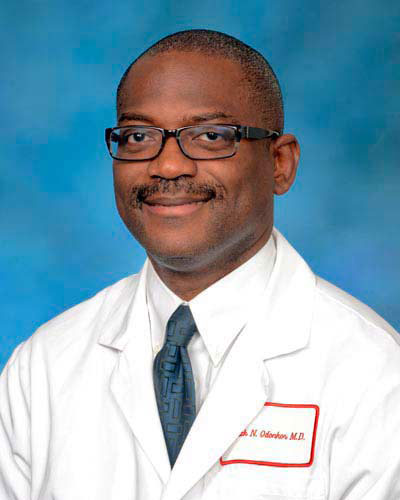
Patrick Odonkor, MB, ChB
Professor, Department of Anesthesiology
podonkor@som.umaryland.edu
Research Interests
The primary focus of my research is improvement in clinical outcomes in patients having cardiac surgery. I have worked in collaboration with other anesthesiologists and cardiac surgical colleagues on perioperative clinical management of patients during cardiac surgery. Areas of interest include blood coagulation management, anesthetic management for high-risk procedures and prevention of cardiac surgery-associated acute kidney injury.
Over the last 5 years, I have been actively involved in the development of a long-term survival model in orthotopic cardiac xenotransplantation in primates. These efforts have led to the achievement of reliable medium-term survival in baboons that have undergone cardiac xenotransplantation using a genetically modified pig heart. Our experience in the lab led to two recent successful genetically modified pig to human orthotopic cardiac xenotransplants at the University of Maryland School of Medicine.
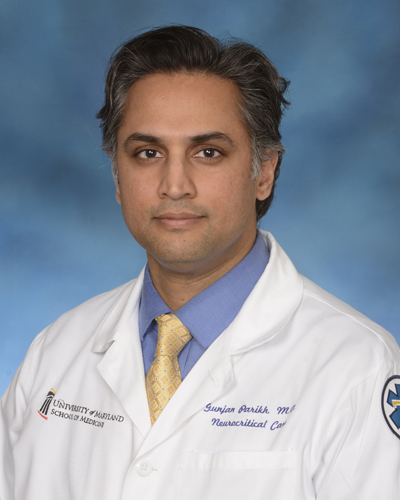
Gunjan Parikh, MD
R Adams Cowley, Shock and Trauma, University of Maryland School of Medicine
Division of Neurocritical Care & Emergency Neurology
Associate Professor & Associate Medical Director of Neurology, Program in Trauma
gparikh@som.umaryland.edu
Research Interests
Dr. Parikh’s career has been focused on merging principles of clinical neurology and critical care medicine. My research focus is to identify biomarkers during the resuscitation phase of acute brain injuries, that are determinants of lesion repair, restoration of function, and recovery of consciousness.
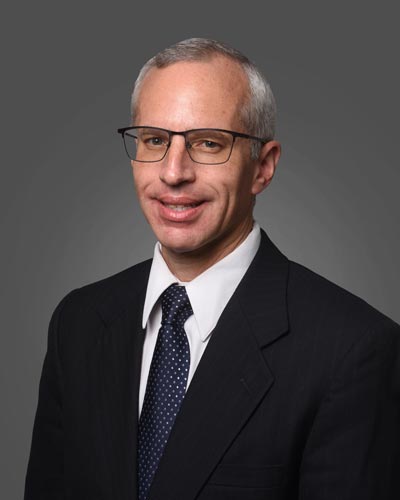
Brian Polster, PhD
Professor, Department of Anesthesiology
bpolster@som.umaryland.edu
Research Interests
Limiting damage to mitochondria, the primary energy-generating organelles of the cell is crucial for neuroprotection. My laboratory studies basic subcellular mechanisms that govern neuroinflammation and cell death in neurodegenerative disorders, with a focus on mitochondrial bioenergetics. My active projects study the roles of mitochondrial structural and functional remodeling in pro-inflammatory microglial activation, how this neuroinflammatory response exacerbates neuronal injury, and translational strategies for targeting metabolism to promote brain recovery following traumatic brain injury, neonatal hypoxic-ischemic encephalopathy, and in Alzheimer’s disease-related dementias. We have pioneered the development and implementation of two novel applications of Seahorse Bioscience Extracellular Flux Technology, a real-time assessment of mitochondrial respiration within permeabilized brain cells and from whole brain tissue slices, expanding the ways in which mitochondrial function can be studied in cells of the central nervous system.
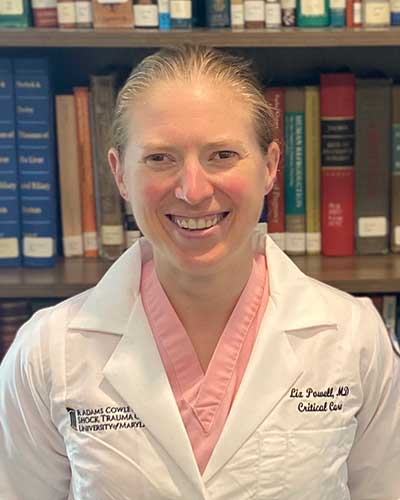
Elizabeth Powell, MD
R Adams Cowley, Shock and Trauma, University of Maryland School of Medicine
Assistant Professor of Emergency Medicine and Surgery
Maj, USAF
elizabeth.powell@som.umaryland.edu
Research Interests
Dr. Powell’s research interests focus on preclinical advanced capabilities development in the care of the injured warfighter and database studies in the use of advanced critical care concepts in the care of critically ill and injured patients. Specifically, I have a research interest in the use of extracorporeal support in novel ways to stabilize and resuscitate the bleeding patient and to continue to care for the injure patient in a prolonged casualty care (critical care setting). The majority of this research is conducted in the Air Force Research Laboratory affiliated Advanced Resuscitation in Combat Casualty Care (ARC3) laboratory at the University of Maryland (https://www.medschool.umaryland.edu/arc3/) and transitioned into operational environments to test new devices, biologics, and knowledge products.
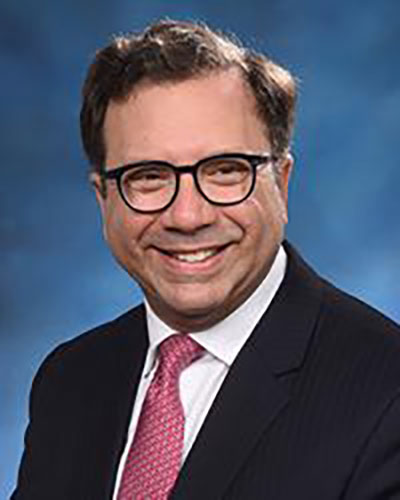
Joseph Rabin, MD, MS, FACS
R Adams Cowley, Shock and Trauma, University of Maryland School of Medicine
Associate Professor, Department of Surgery
jrabin@som.umaryland.edu
Research Interests
Dr. Rabin’s research focus is on the development of novel methods of resuscitation & improving organ preservation. Some specific interests include improving the assessment and management strategies of traumatic aortic injury, utilizing normothermic Ex-Vivo Lung Perfusion (EVLP) to increase lung transplant donor availability and the utilization of mechanical support to improve outcomes of patients in severe cardiogenic shock and respiratory failure. Finally, my engineering experience also helps me collaborate with our bioengineering colleagues in the design and development of advanced devices utilized in resuscitation and mechanical support of end organ failure.
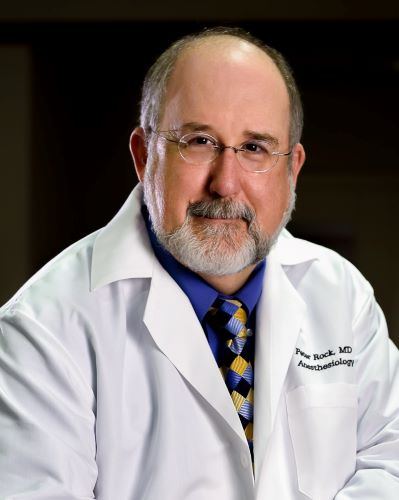
Peter Rock, MD, MBA, FCCM
Martin Helrich Professor, Department of Anesthesiology
Professor, Departments of Medicine and Surgery, University of Maryland School of Medicine
Anesthesiologist-in-Chief, University of Maryland Medical Center
prock@som.umaryland.edu
Research Interests
My research focuses on 1) mechanisms resulting in and treatment of acute lung injury; 2) weakness in patients with critical illnesses; 3) identification of genetic determinants of infectious and vascular occlusive complications in patients who undergo surgical procedures, and the use of genetic information to develop tools to identify patients at risk of infectious or thrombotic complications and that allow perioperative physicians to tailor therapy to potentially treat or prevent these complications; 4) prevention of delirium after surgery and prevention of delirium in Intensive care unit patients; 5) medical informatics and “big data” in anesthesiology and critical-care; and 6) machine learning and use of vital signs to predict changes in patient status or for life-saving interventions.
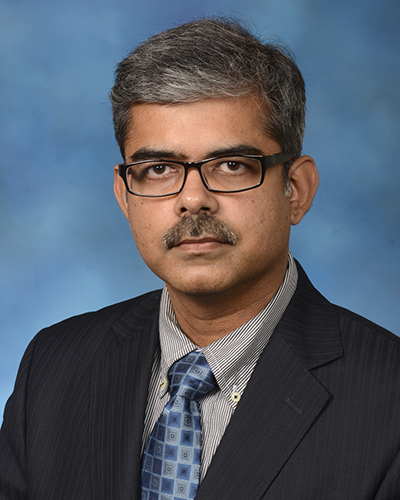
Chinmoy Sarkar, PhD
Assistant Professor, Department of Anesthesiology
csarkar@som.umaryland.edu
Research Interests
My research interest is focused on understanding the role and function of lipids and cellular organelles in neurodegeneration and neuroinflammation in traumatic brain injury (TBI) and age-associated neurodegenerative diseases. My recent study indicated that the abundance of etherphospholipids, an ether bond containing glycerophospholipids is dysregulated in the mouse cortices after TBI. Etherphospholipids are major components of cellular membrane and play an important role in cellular signaling via their structural impact on the formation and function of lipid rafts. Their synthesis is regulated by the concerted functions of peroxisomes and endoplasmic reticulum. My study shows that etherphospholipids dysregulation after TBI is at least in part caused by the impairment of peroxisomal function. Peroxisomes play an important role in maintaining cellular lipid and redox homeostasis which are disrupted after TBI. Currently, my research is aimed to elucidate its role and function in the pathophysiology of TBI and to develop novel treatment strategy to attenuate neurodegeneration and neuroinflammation after TBI by restoring its function in the injured brain.

Gregory Schrank, MD, MPH
R Adams Cowley, Shock and Trauma, University of Maryland School of Medicine
Assistant Professor of Medicine, Division of Infectious Diseases
gschrank@som.umaryland.edu
Research Interests
Dr. Schrank’s research has focused on hospital acquired infections with a focus on hospital-onset bacteremia and fungemia, infections complicating traumatic injury and critical illness, and the use of transmission-based precautions in hospitalized patients. I am interested in how the use of hospital acquired infection surveillance measures can be used to improve the quality and safety of patient care.
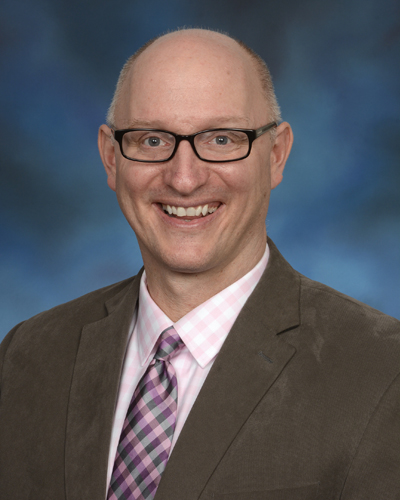
Gary Schwartzbauer, MD, PHD, FAANS, FACS
R Adams Cowley, Shock and Trauma, University of Maryland School of Medicine
Medical Director & Interim Surgical Director, Neurotrauma Center
Medical Director Neuro Acute Care C5W
Co-Director Neurotrauma Recovery Clinic
Director of Quality and Performance
Departments of Neurosurgery & Orthopaedics
gschwartzbauer@smail.umaryland.edu
Research Interests
Dr. Schwartzbauer’s research interests are in the surgical and medical optimization of neurotrauma patients. I am the local PI or Co-PI for several multisite research trials including ARCTIC and IN-TWIN for spinal cord injury and BOOST-3 for TBI. Most recently I have become interested in the application of Blended Reality and AI to neurotrauma solutions. For example we are exploring anatomic and surgical navigation with the latest innovative hardware and software developed by our collaborative team. Further we are analyzing neurosurgical procedures with a combination of AR and AI algorithms to optimize outcomes.
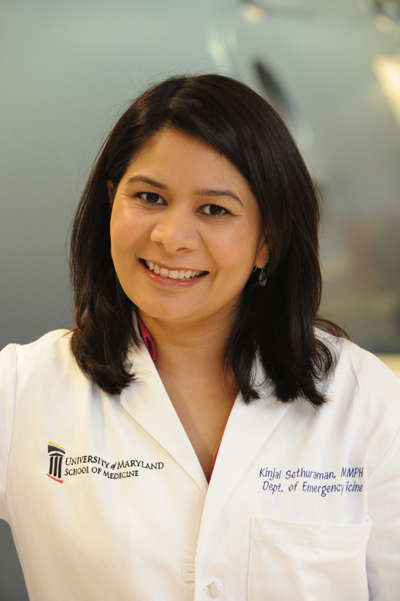
Kinjal Sethuraman, MD, MPH
R Adams Cowley, Shock and Trauma, University of Maryland School of Medicine
Center for Hyperbaric and Dive Medicine
Associate Professor, Department of Emergency Medicine
ksethuraman@som.umaryland.edu
Research Interests
Dr. Sethuraman’s research interests include Hyperbaric and Dive Medicine and Gender Equity
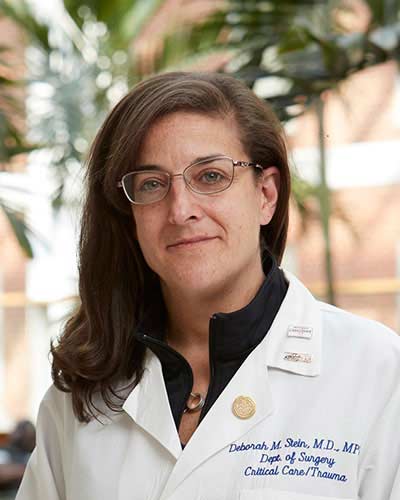
Deborah Stein, MD, MPH, FACS, FCCM
R Adams Cowley, Shock and Trauma, University of Maryland School of Medicine
Professor of Surgery
Director Adult Critical Care Services, University of Maryland Medical Center
dstein@som.umaryland.edu
Research Interests
Dr. Stein’s research interests are in the fields of traumatic brain injury, hemorrhagic shock, geriatric injury and functional outcomes following traumatic injury. She has a particular interest in patient centered outcomes research.
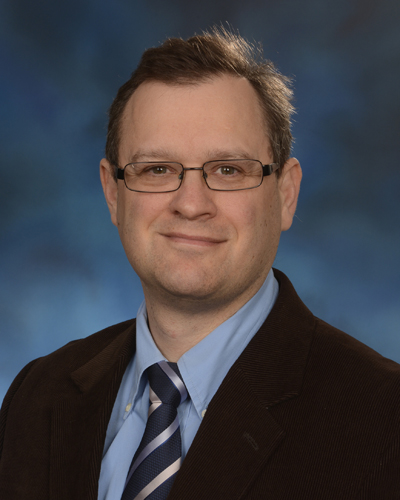
Bogdan Stoica, MD
Professor, Department of Anesthesiology
bstoica@som.umaryland.edu
Research Interests
The main focus of my research is to understand the molecular mechanisms of neuronal cell death and neuroinflammation after central nervous system trauma. My studies are based on the hypothesis that brain trauma initiates multiple maladaptive mechanisms (secondary injury) that lead to improper activation of neuronal cell death pathways and/or prevent efficient activation of neuronal repair mechanisms. Thus, neurons that receive a survivable injury are unnecessarily removed and/or fail to undergo effective repair/regeneration. An important driver of these changes is injury-induced dysregulation of microglia responses that shift the microglia post-injury reactive states toward specific persistent pro-inflammatory phenotypes resulting in secondary neurotoxicity.
Areas of special interest include: 1) the modulation of secondary injury mechanisms by microRNAs, a group of regulatory non-coding small RNA molecules following experimental traumatic brain injury (TBI); our recent data suggest that injury-induced changes in specific microRNAs are key to the activation of neuronal cell death pathways and ultimately to neuronal cell loss after TBI; and 2) the transcriptomic changes and their epigenetic underpinning that drive the molecular and cellular secondary injury processes.
By identifying the injury-induced molecular dysfunctions we can design optimal therapeutic approaches that will shift microglia activation toward neurorestorative phenotypes to increase neuronal survival and recovery after brain trauma, thus improving neurological deficits.
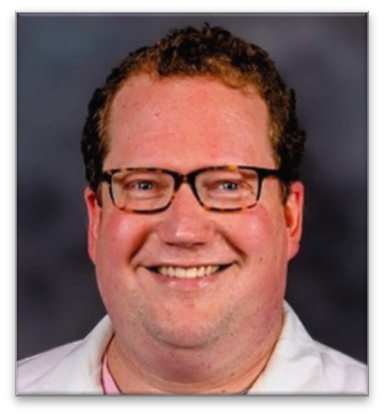
William Teeter, MD
R Adams Cowley, Shock and Trauma, University of Maryland School of Medicine
Director, Charles McC Matthias National Study Center for Trauma and EMS
Associate Professor of Emergency Medicine & the Program in Trauma
william.teeter@som.umaryland.edu
Research Interests
Dr. Teeter is a dual board-certified Emergency Medicine Critical Care Physician working as an intensivist at the University of Maryland Shock Trauma Center in the Multi-trauma Critical Care ICU and Critical Care Resuscitation Unit. As an academic critical care physician with a specialization in critical care, endovascular & extracorporeal resuscitation, informatics, and machine learning, my passion lies at the intersection of medicine, technology, and research and its utilization to improve care. research interests are in the fields of Cardiac arrest, trauma, therapeutic hypothermia, sepsis and medical education.
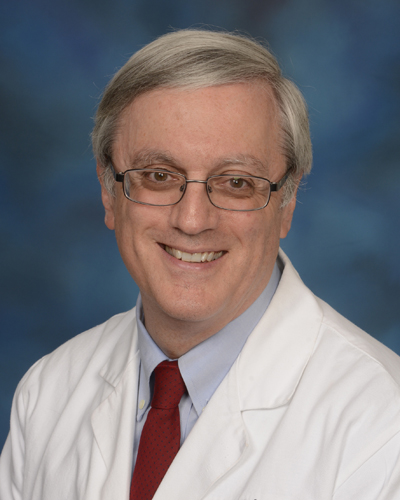
Samuel Tisherman, MD, FACS, FCCM
R Adams Cowley, Shock and Trauma, University of Maryland School of Medicine
Professor in the Department of Surgery & the Program in Trauma
Program Director, EM-SCC & ECLS Fellowships
stisherman@som.umaryland.edu
Research Interests
Dr. Tisherman's research has focused on the management of traumatic cardiac arrest and therapeutic hypothermia. Along with Drs. Peter Safar and Pat Kochanek, he has developed the concept of Emergency Preservation and Resuscitation for patients who suffer a cardiac arrest from trauma for which he is leading a clinical trial. He is also involved in research on surgeon and military medic performance of critical trauma procedures, early identification of deteriorating patients, and medical simulation.
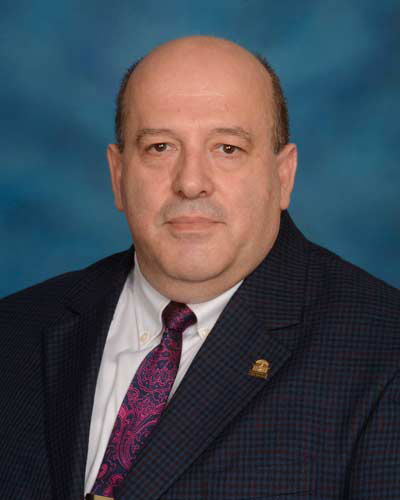
Roumen Vesselinov, PhD
Charles “McC.” Mathias National Study Center for Trauma and EMS (NSC)
Center for Shock, Trauma & Anesthesiology Research (STAR)
Assistant Professor, Department of Epidemiology & Public Health, Biostatistics Division
Department of Anesthesiology
rvesselinov@som.umaryland.edu
Research Interests
Dr. Vesselinov’s primary research interest is in area of the statistical methodology, analysis and prediction. He is also interested in Machine Learning (ML) and AI, specifically Classification and Regression Tree (CART) models and hybrid models: ML and Generalized Liner Models (GLM).
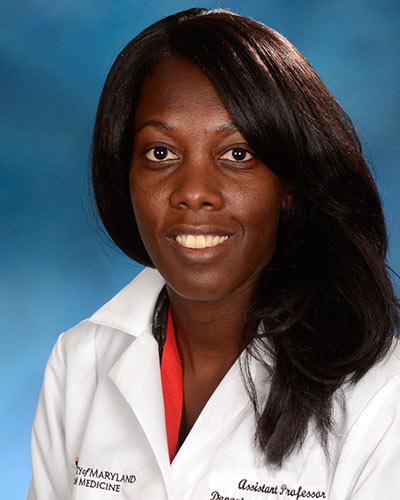
Brittney Williams, MD
Associate Professor, Department of Anesthesiology
Director of Clinical Research
Brittney.williams@som.umaryland.edu
Research Interests
My research interests include inflammatory mediated endotheliopathy and coagulopathy in critical illnesses. Coagulopathy is commonly described as impaired endogenous clotting ability with loss of localization and risk of intravascular thrombosis and bleeding, and greatly affects mortality in critically ill patients. My research has mainly focused on characterizing and describing intravascular coagulation dysfunction in the setting of systemic inflammation and endothelial injury, and the role of innate immune signaling. My goal is to increase our mechanistic understanding of the molecular triggers in systemic coagulopathy to provide a foundation for studying potential biomarkers and future therapeutic targets.
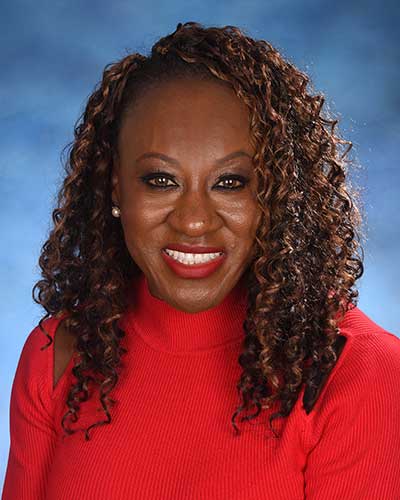
Thelma Wright, MD, JD, MBA
Associate Professor, Department of Anesthesiology
Vice Chair for Pain Medicine, Program Director Pain Medicine Fellowship,
Director Pain Management Center
Anesthesiology, UMROI Pain Clinic
twright@som.umaryland.edu
Research Interests
My research interests include: Neuromodulation for diabetic and peripheral neuropathy, Monitoring and Detection of respiratory depression in the setting of an opioid overdose.
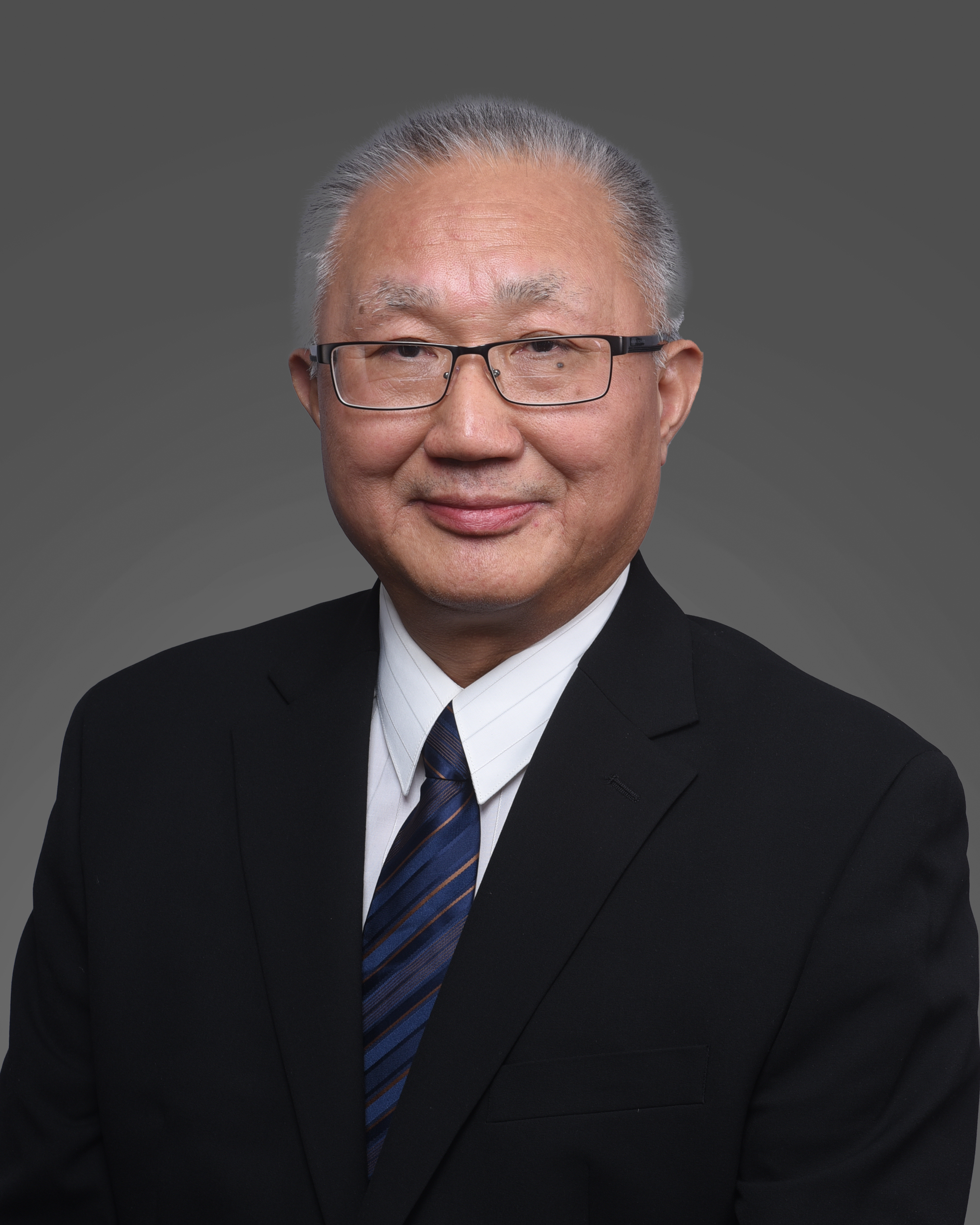
Feng Wu, Ph.D.
R Adams Cowley, Shock and Trauma, University of Maryland School of Medicine
Research Associate, Department of Medicine
fwu@som.umaryland.edu
Research Interests
Vascular leakage is involved in the pathogenesis of lung permeability in hemorrhage shock/sepsis. We found that fibrinogen, the major component of plasma, binds to heparan sulfate on syndecan-1/glycocalyx forming a gel-like layer that lines the endothelium and maintains vascular barrier integrity. This gel-like layer shields the cleavage sites on syndecan-1/glycocalyx by MMP9, which otherwise cleaves syndecan-1/glycocalyx to cause lung vascular leakage in hemorrhage shock/sepsis.
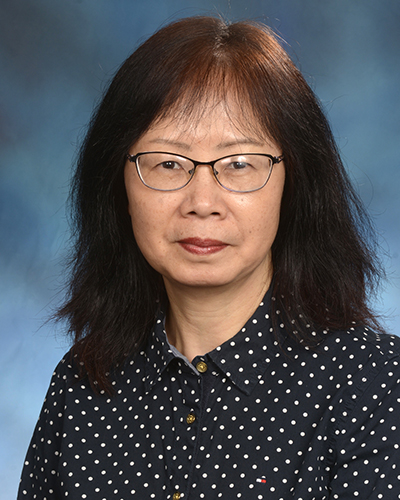
Junfang Wu, BM, MS, PhD
Professor and Vice Chair for Translational Research
Director of the Anesthesiology Center for Neuroscience Research
Associate Director, UM-MIND
junfang.wu@som.umaryland.edu
Research Interests
Dr. Wu’s research program has concentrated on examining secondary injury processes following traumatic spinal cord/brain injury (SCI/TBI) and pharmacological/gene therapeutic interventions for SCI/TBI. Her lab is particularly interested in studying pathological mechanisms including disruption of autophagy and lysosomal pathway, microglial Hv1 channel, NOX2, extracellular vesicles (EVs), astrocytic TrkB.T1, and their contribution to neuroinflammation and neurodegeneration in both acute CNS trauma and aging conditions including chronic SCI/TBI and Alzheimer’s disease and related dementia (AD/ADRD). Her goal is to understand the cellular and molecular mechanisms of functional recovery after CNS trauma and to develop potential therapeutic strategies. In addition, Dr. Wu’s group works to better understand the pathogenesis of general anesthesia (GA)/post-operation affecting brain and systemically. Dr. Wu’s research capitalizing on powerful cutting-edge technologies to address mechanistic questions on neurotrauma and GA is currently supported by several R01 level NIH programs.
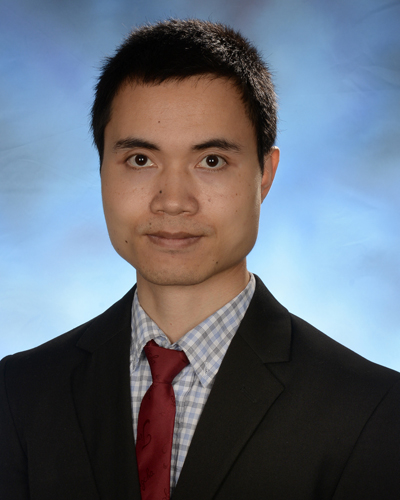
Shiming Yang, PhD
Associate Professor, Department of Anesthesiology
syang@som.umaryland.edu
Research Interests
My research interest is focused on large scale data analysis and medical sensor signal processing with a goal of developing an efficient machine learning algorithm, to predict lifesaving interventions and long-term outcomes for trauma patients.
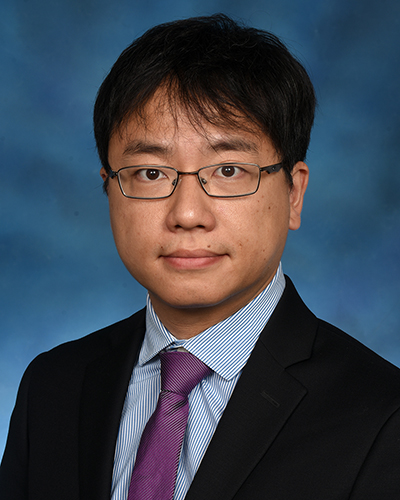
Yifan Yuan, PhD
Assistant Professor, Department of Anesthesiology
yyuan@som.umaryland.edu
Research Interests
The research in Yuan lab (https://www.yuanlaboratory.com/) focuses on integrating molecular biology, bioengineering, and computational biology to investigate biological mechanisms within the lung vascular microenvironment, aiming to promote functional vascular homeostasis. There are two main research areas: 1) Leveraging multi-omics and molecular biology tools to delineate molecular mechanisms in the lung vascular microenvironment during homeostasis and diseases; 2) Incorporating decellularization/recellularization, bioreactors, multi-omics, iPSC, and microfluidics to develop vascular and alveolar tissue models for drug screening applications. Our recent work involved understanding the role of cell-cell and cell-matrix interactions in maintaining vascular homeostasis, with the ultimate goal of developing new therapeutic strategies for lung vascular diseases.
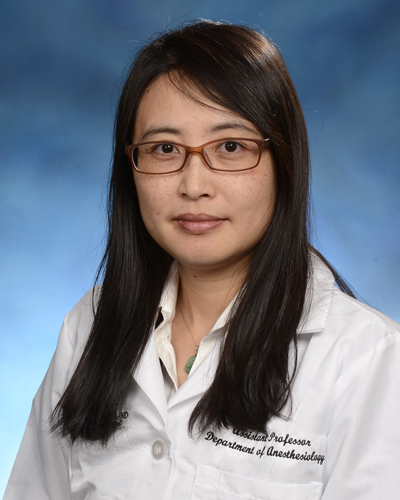
Lin Zou, MD, PhD
Associate Professor, Department of Anesthesiology
lzou@som.umaryland.edu
Research Interests
My long-term research focuses on the role of innate immunity in inflammation and organ injuries associated with critical illnesses such as sepsis, shock, and trauma. Our recent findings have identified an increase in plasma cell-free RNA, including miRNAs, during sepsis and trauma. These extracellular RNAs (exRNAs) are released by host cells and their levels are closely correlated with the severity of sepsis. My research aims to test the hypothesis that ex-miRNAs play a critical role in the pathogenesis of acute lung injury and brain inflammation during polymicrobial sepsis. Additionally, we are also investigating whether exRNAs act as molecular drivers that activate innate immunity by modulating macrophage function, potentially contributing to trauma-induced inflammation and organ injury. To explore these mechanisms, we employ a range of complementary approaches, including genetically modified animal models, adoptive cell transfer, chimeric models, synthetic oligonucleotides, pharmacological inhibitors, receptor antagonists, and locked nucleic acid-modified anti-miRNA inhibitors. The research is supported by NIH R35GM124775 (PI), R01NS110567 (MPI).
Collaborators
Seth Ament
Associate Professor, Psychiatry
Institute for Genome Sciences
sament@som.umaryland.edu
Ola Awad
Assistant Professor, Microbiology
oawad@som.umaryland.edu
Hegang Chen
Professor, Epidemiology & Public Health
hchen@som.umaryland.edu
Li Jiang
Research Associate, Diagnostic Radiology & Nuclear Medicine
lijiang@som.umaryland.edu
Jennifer Johnson
Professor, Pathology
jkjohnson@som.umaryland.edu
Jace Jones
Associate Professor, Pharmaceutical Sciences
Associate Director, Mass Spectrometry Center
jjones@rx.umaryland.edu
Maureen Kane
Professor, Pharmaceutical Sciences
Executive Director, Mass Spectrometry Center
mkane@rx.umaryland.edu
Mariusz Karbowski
Associate Professor, Biochemistry & Molecular Biology
mkarbowski@umaryland.edu
Jennifer Klinedinst
Associate Professor, SON Organizational Systems & Adult Health
klinedinst@umaryland.edu
Jonathan Lederer
Professor, Physiology
Director, Center for Biomedical Engineering & Technology
jlederer@umaryland.edu
Adam Puche
Professor, Neurobiology
Vice Chair, Anatomy & Neurobiology
apuche@som.umaryland.edu
Clint Sliker
Professor, Diagnostic Radiology & Nuclear Medicine
Associate Director of Trauma Radiology
csliker@umm.edu
Bradley Taylor
Professor, Surgery
Division Head, Cardiac Surgery
bradley.taylor@som.umaryland.edu
Zhongjun Wu
Professor, Surgery
zwu@som.umaryland.edu
Administrative Team
Senior Team
Brandon Goldschmitt
Director of Clinical Business Operations
bgoldschmitt@som.umaryland.edu
410-328-3849
Reetu Neupane
Business Operations Manager
rneupane@som.umaryland.edu
410-328-4246
Mark Scarboro
Sr. Director of Research Operations and Compliance
mscarboro@som.umaryland.edu
410-328-8713
Grants and Contracts
Katie Black
Contract and Grants Specialist
kblack@som.umaryland.edu
Hillari Howard
Contract & Grant Specialist
hhoward@som.umaryland.edu
410-328-2840
Sophie Li
Senior Contract & Grant Specialist
sophie.li@som.umaryland.edu
410-328-8215
Alexandra Squires
Senior Contract & Grant Specialist
asquires@som.umaryland.edu
410-328-9018
Kalpana Vijay
Senior Contract & Grant Specialist
410-328-0142
kvijay@som.umaryland.edu
Administrative Support
Betsy Burcham - Trauma Researchers
Administrative Manager
bburcham@som.umaryland.edu
410-328-3495
Shan Li - HSF2 - Ground Floor
Program Specialist
sli1@som.umaryland.edu
410-706-7397
Michele Robinson - MSTF - 5th Floor
Business Services Specialist
Michele.Robinson@som.umaryland.edu
410-706-3419
Kelly Sikorski - MSTF - 6th Floor
Senior Program Specialist
KSikorski@som.umaryland.edu
410-706-3418
